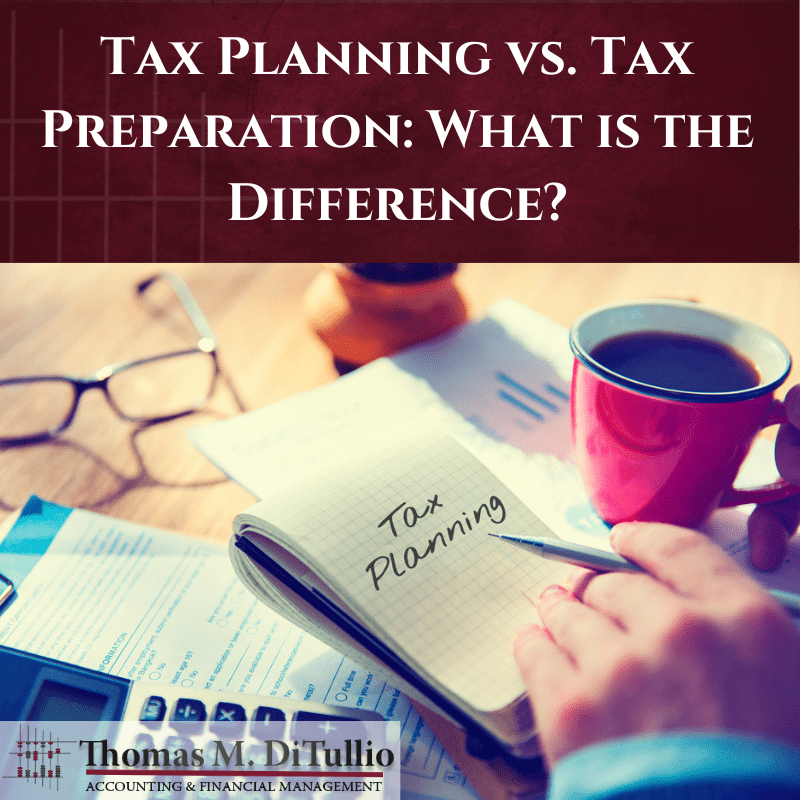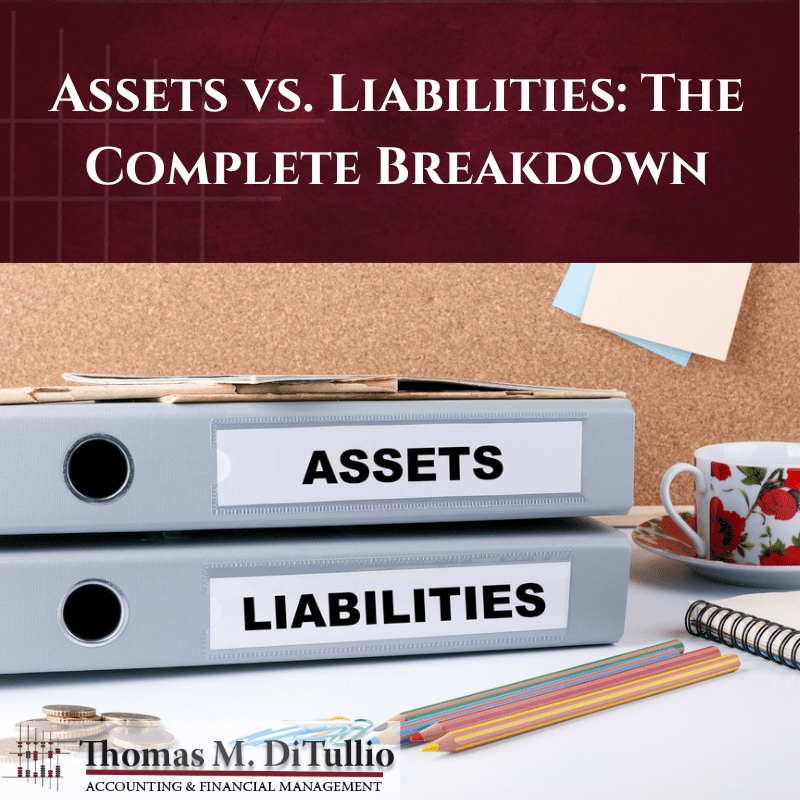What Is Financial Planning Why It Is Important In Business?
Do you need a financial plan for your small business? Creating these types of plans is a crucial step for any business owner. Financial planning can help you to make daily decisions for your business. By comparing numbers to actual results, you can make those crucial decisions regarding your financial future. Even with a one-person company, you should have a financial plan in place. Why are financial plans so important? Keep reading to learn more.
Financial Planning for Your Business
Financial planning is very vital to the success of your business. This planning usually allocates funds to specific areas of your business. Also, financial planning will determine how a company can achieve different objectives and goals. While you might think establishing a business is hard, creating a financial plan can be just as challenging without the right help. Businesses in all industries need to focus on financial planning. However, many small businesses will not use a financial planner because they think those services are too costly.
Financial planning is essential to the overall business operations. Small businesses can’t be financially stable and operate without confidence in their financial plans. Unfortunately, many companies will fail. In some situations, those failures are tied to a lack of financial planning.
What Can Financial Planning Do for Your Business?
There are many ways that a financial plan can affect your business. Small business accounting services can help implement a plan for you. Here is a look at a few of these benefits to financial planning.
Cash Management and Budget
When you have a financial plan in place, you can help organize your short-term budget. Many small businesses will experience variations in revenue on a monthly or seasonal basis. In simple terms, that can translate to a period when there is strong cash flow or a time when a shortage occurs.
Budgeting is a critical task for any business. When you plan out a budget, you can make those financial decisions and allocate funds for different projects. A smart budget will help generate profits while cutting losses and costs. Creating a reasonable budget without a financial plan can be challenging.
Financial plans can assist those struggling small businesses in getting a handle on their budget. Additionally, that financial plan gives companies deeper insight into funds, making it easier to see the bigger picture. You can even break down a complicated budget into more manageable, smaller steps.
Small business owners can consider these cycles by building a solid financial plan. During those slow times, these businesses can monitor those expenditures for low revenue periods. In many cases, poor cash management results in negative consequences, such as not making payroll for your employees.
You should structure your financial plan to have a cash cushion in case of downtimes. With a cash cushion, your small business can take advantage of special opportunities, including purchasing reduced-priced inventory from suppliers.
Long-Range View
On a daily basis, your small business may have to deal with issues or crises. It can be easy to focus on those problems, but that leaves you not thinking about any long-term goals. Unfortunately, that can take away from planning for the future, preventing businesses from growing. A financial plan allows a small business owner to see what expenditures are needed to keep the company on track and stay ahead of the competition. Think of a financial plan as a blueprint to implement the company’s performance for both short- and long-term goals.
Spot Trends
Over the course of a month, a business owner must make critical decisions. Often, it can be hard to tell if those decisions were successful. When you prepare your financial plan, you can set those quantifiable targets to compare with actual results throughout the year. For example, the owner can see if their increase in advertising expenditures led to more sales for the business. These sales trends for individual products can help the owner make decisions about allocating money for marketing.
Prioritizing Expenditures
When you allocate your capital and conserve those financial resources, it can lead to a successful business. These benefits of financial planning can help owners identify their most important expenditures, which can help improve efficiency, productivity, and marketability. Those decisions are often only made when cash is plentiful for the business. Even those well-capitalized corporations will prioritize their expenditures.
Measure Progress
During those early stages of the business, many owners will deal with numerous changes and have to work long hours. Sometimes, it can be difficult to tell whether any progress is being made or if serious problems are on the horizon. Seeing those actual results help small business owners to feel more confident in their decisions. On the other hand, if there is an issue, the owner can take the appropriate steps to correct it. A chart displaying steady revenue growth for each month is a great motivating factor for both new and experienced business owners.
Talk To an Experienced Accountant
If you need help with your financial planning, turn to TMD Accounting. We are a family-owned and -operated business that focuses on helping companies in all industries plan for the future. We offer a flexible, affordable, and convenient way to handle those financial responsibilities. You need to focus on growing your business, and we are the ones to help you.
Need a South Jersey accountant for my small business? Our accounting team is ready to help. Schedule your consultation by calling 1-856-228-2205.







